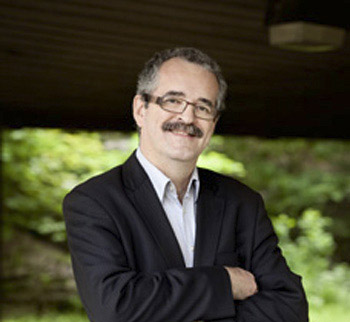MONTREAL — Ties between the law faculties of the Université de Montréal (UdM) and the Hebrew University of Jerusalem were cemented earlier this month with the signing of an agreement.
It took place during an economic and academic mission to Israel and the West Bank led by Montreal Mayor Gérald Tremblay.
“In deepening our partnership with the Hebrew University law faculty, one of the best universities in the area of international law, we can offer a unique perspective on the most current issues in international law,” said UdeM law dean Guy Lefebvre.
The faculties, both known for their strength in international law, will increase their co-operation, and organize exchanges of students and researchers.
A joint conference is scheduled to take place in Jerusalem in the fall of 2013.
UdeM vice-rector Hélène David, who was a participant in the mission, said, “Our researchers and students are open to the world. The co-operation that we establish with the greatest universities, on all continents, is an eloquent proof.”
During the same mission, McGill University signed three memoranda of understanding on collaborative research with three Israeli universities.
They include the renewal of a partnership with the Weizmann Institute of Science for cancer research, dating back to 2007; a new agreement with Tel Aviv University’s Sackler Faculty of Medicine; and another new agreement with Bar-Ilan University concerning McGill professor Moshe Szyf’s work in behavioural epigenetics.
“Internationally, McGill is developing an approach to research that is more entrepreneurial and global,” said vice-principal for research and international relations Rose Goldstein, also a mission participant.
“Israel has established very productive partnerships among universities, industry and governments – providing a particularly interesting example for Canada and McGill.”
Tel Aviv University has the largest institute of higher medical education in Israel, with about 1,000 teachers, associated with seven medical centres, six psychiatric hospitals and a large rehabilitation facility.
The collaboration with Bar-Ilan will be on how exposure to drugs, food, trauma and other experiences is registered in brain circuitries and the genome, and whether this leads to disease.
